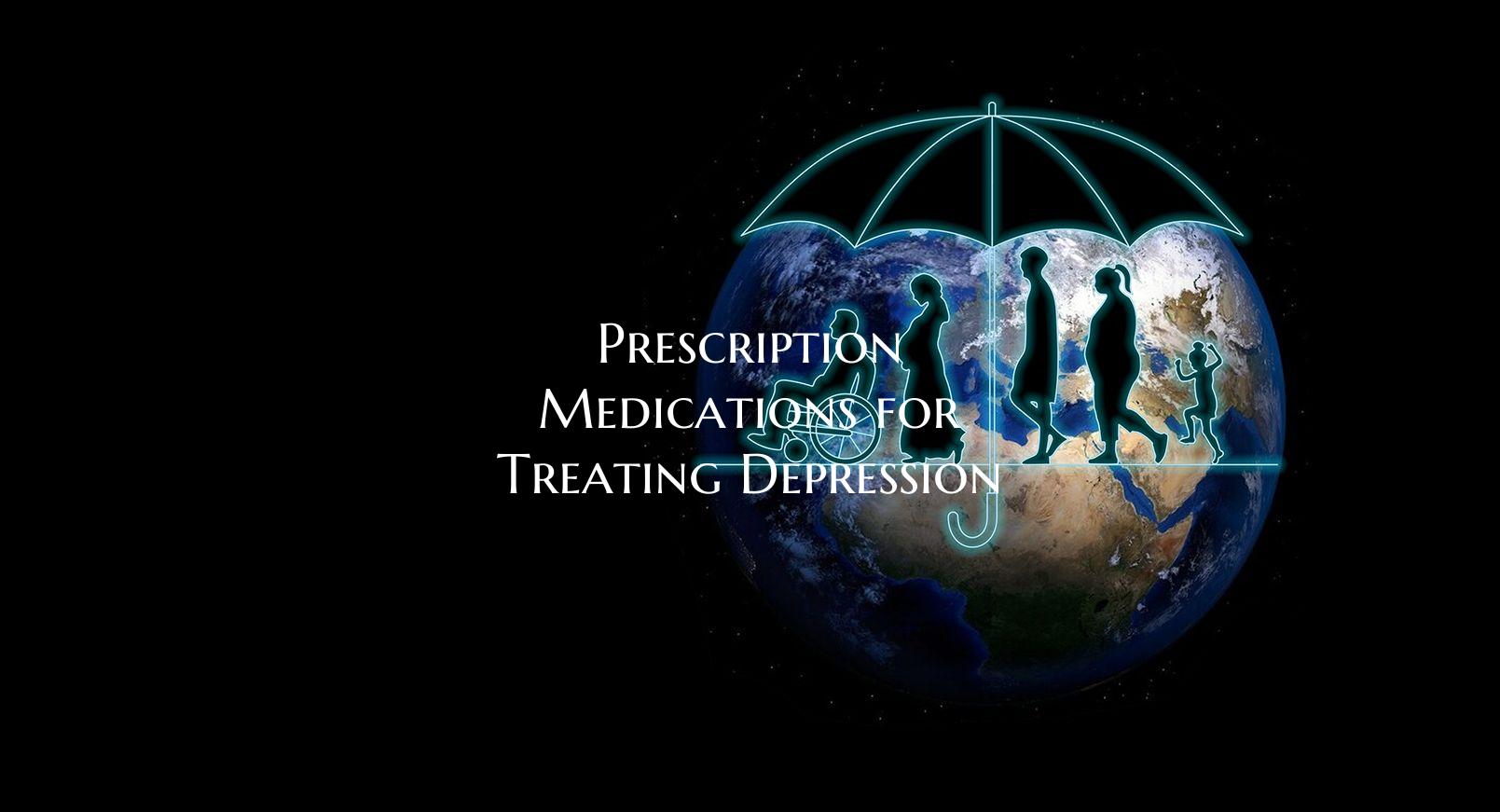
Prescription Medications for Treating Depression
Prescription medications are commonly used to treat depression, a mental health condition that affects millions of people worldwide. These medications, also known as antidepressants, work by targeting chemical imbalances in the brain that can contribute to depressive symptoms. It's important to note that while medications can be helpful for many individuals, they may not be suitable for everyone and should always be used under the guidance of a healthcare provider.
There are several classes of antidepressants that may be prescribed to treat depression, each with its unique mechanism of action and potential side effects. Selective serotonin reuptake inhibitors (SSRIs) are one of the most commonly prescribed types of antidepressants. They work by increasing levels of serotonin in the brain, which is a neurotransmitter that plays a key role in regulating mood. Some well-known SSRIs include fluoxetine (Prozac), sertraline (Zoloft), and escitalopram (Lexapro).
Another class of antidepressants is serotonin-norepinephrine reuptake inhibitors (SNRIs), which are similar to SSRIs but also target norepinephrine in addition to serotonin. Examples of SNRIs include venlafaxine (Effexor) and duloxetine (Cymbalta). Tricyclic antidepressants (TCAs) and monoamine oxidase inhibitors (MAOIs) are older classes of antidepressants that may be prescribed when other medications have not been effective, but they generally have more side effects and require close monitoring.
It's important for individuals taking antidepressants to be aware of potential side effects, which can vary depending on the specific medication. Common side effects may include nausea, dizziness, insomnia, and sexual dysfunction. In some cases, antidepressants can also increase the risk of suicidal thoughts, particularly in young adults. This is why close monitoring by a healthcare provider is essential when starting or changing antidepressant medications.
It's also important to note that antidepressants typically take several weeks to start having a noticeable effect on depressive symptoms, and it may take some trial and error to find the right medication and dosage that works best for an individual. Additionally, it's generally recommended to continue taking antidepressants for several months after symptoms improve to prevent a relapse of depression.
In conclusion, prescription medications can be an effective treatment option for managing depression, but they should always be used in conjunction with other forms of therapy, such as counseling or cognitive-behavioral therapy. If you or someone you know is struggling with depression, it's essential to seek help from a healthcare provider to explore the most appropriate treatment options.